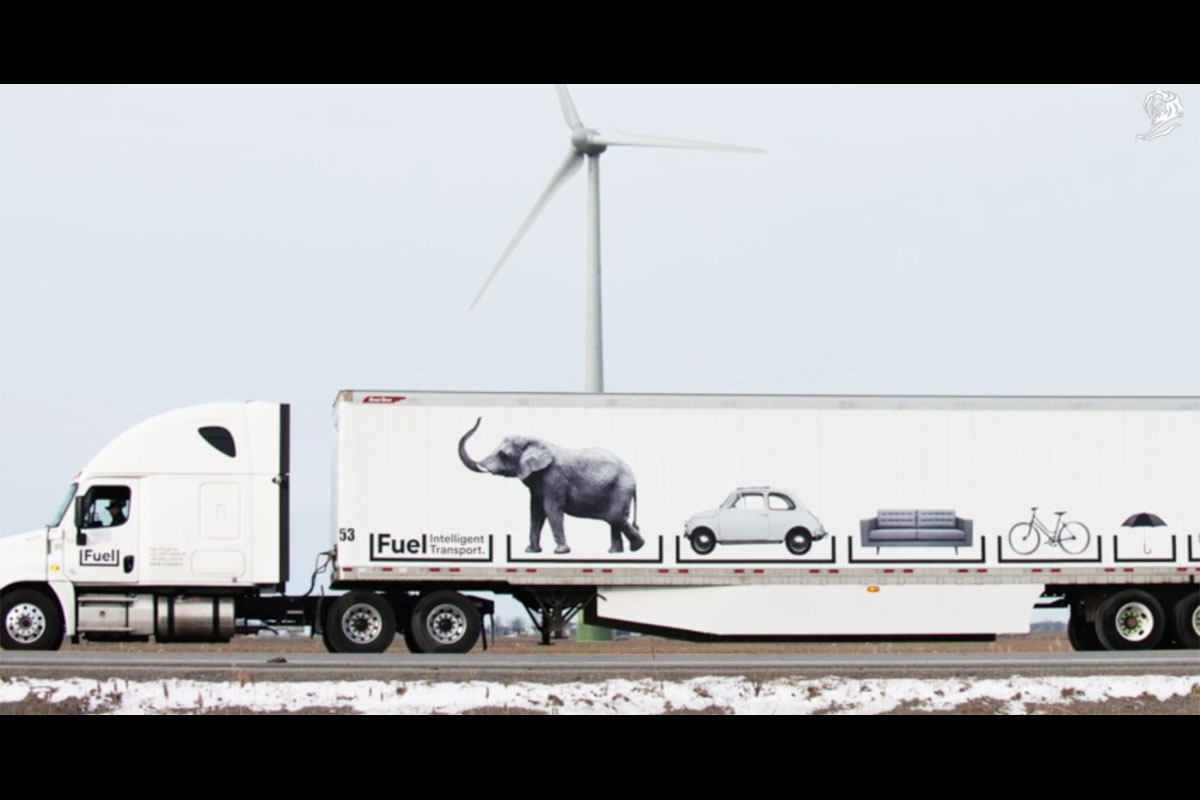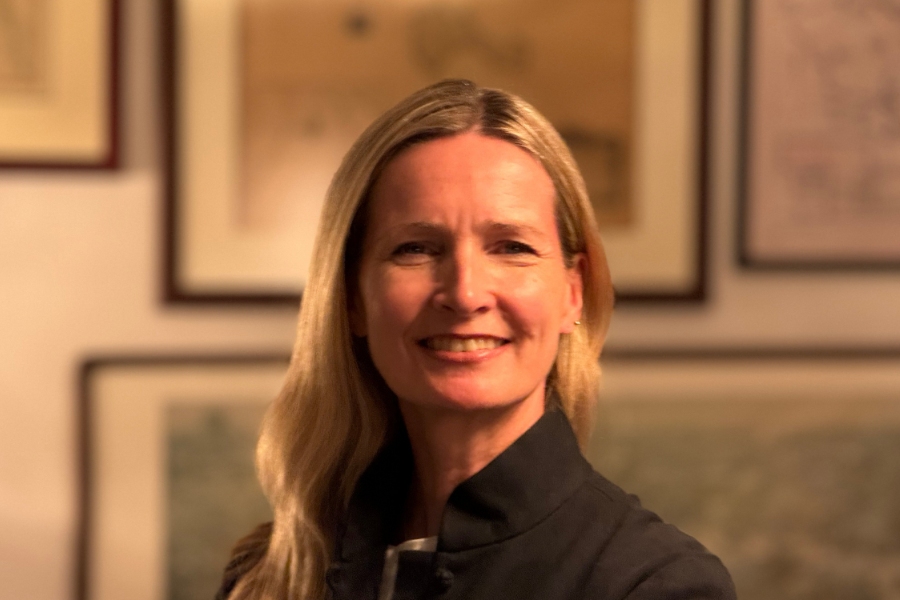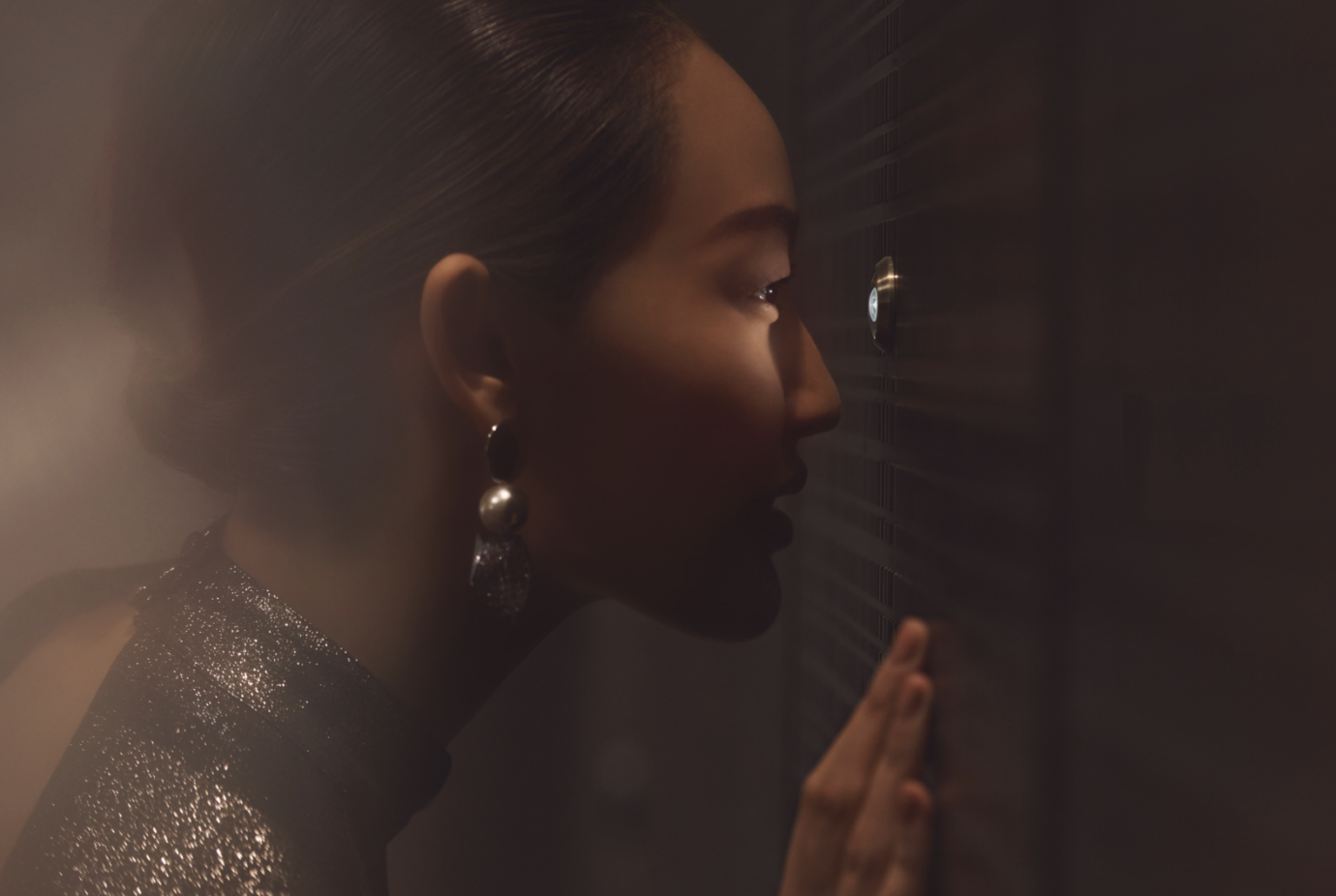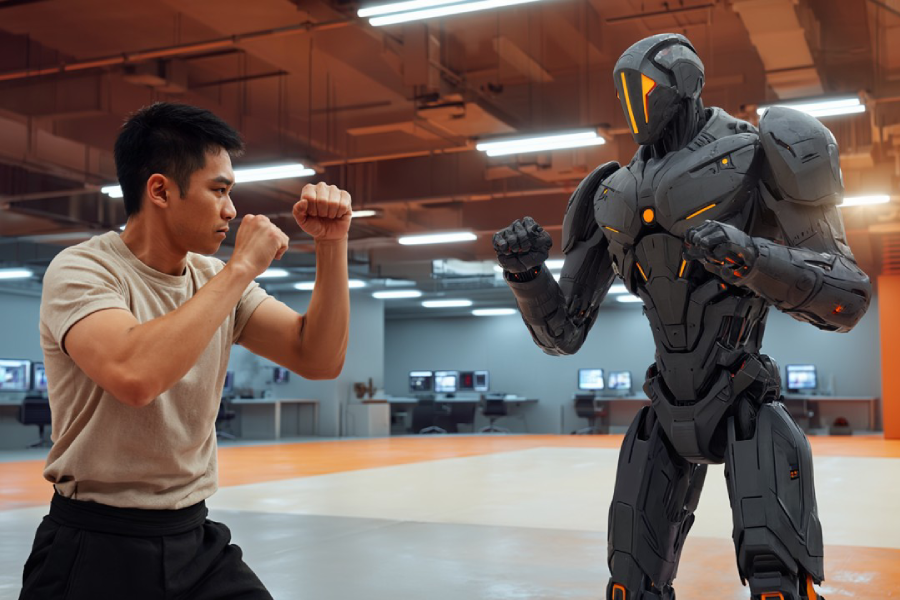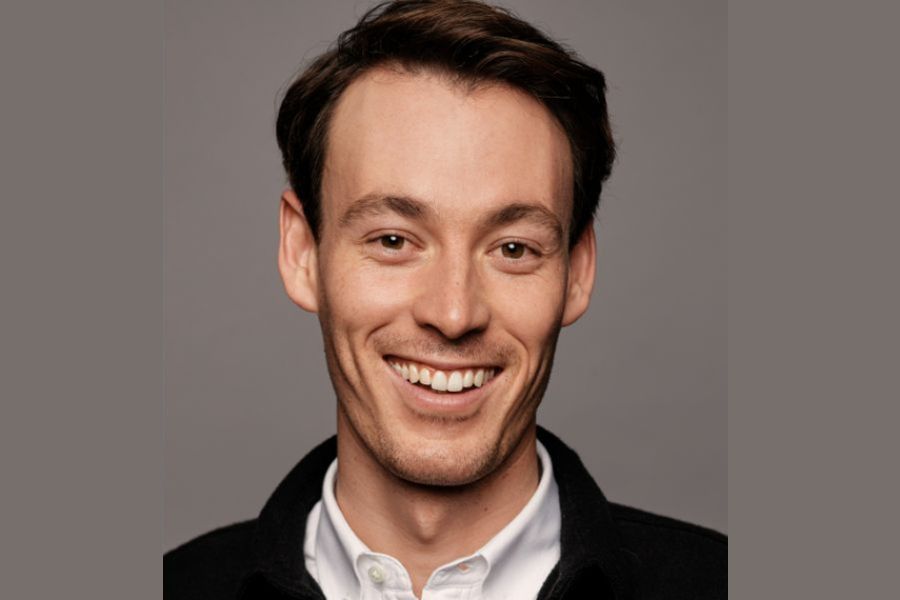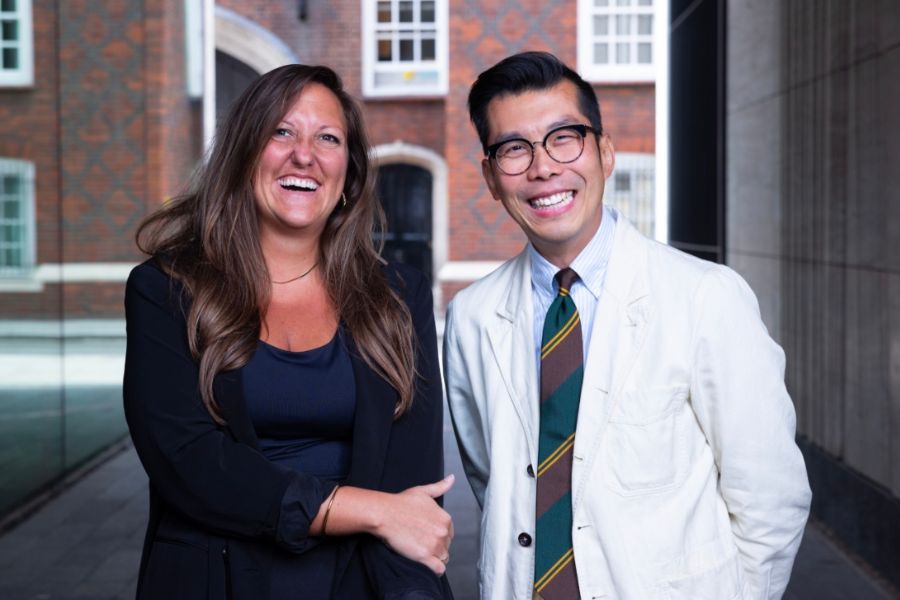As with all categories, purpose-led campaigns dominated this year. The Grand Prix went to “The Unusual Football Field’ (Thailand’s first Gold Lion)—an urban planning initiative to give Klong Thoey residents somewhere to play football by creating pitches out of oddly shaped pieces of empty land. After that there was empowering young women (Writing Our Rights and Fearless Girl), championing the plight of refugees (Words of Welcome, The Refugee Nation), stopping people walking in front of trains (The Conscious Crossing), uniting religious faiths (One Book) and tackling (specifically Brazilian) corruption (Notifica, The Corruption Converter), to name a few.
Amongst these campaigns around design for good, two campaigns in particular stand out.
First, Reword, by Leo Burnett Melbourne, a programme to combat cyber-bullying in schools with a Google Chrome plug-in that deletes offensive language, learning as it goes as kids themselves add to the algorithm. It uses technology to fight a problem technology has created. And it allows kids to tackle a kids’ problem.
|
Related: |
Secondly, the Savlon Healthy Hands campaign by Ogilvy and Mather Mumbai. Despite the fact it appears at first glance to be an initiative for Lifebuoy (why did they choose schoolgirls with Lifebuoy-red ribbons in their hair for the opening frames?), this is a clever, simple and inspiring idea that sees soap being smuggled into the hands of disinterested children—quite literally—by disguising it as the chalk they use to write with.
There are two great initiatves that involve the world’s two trainer brands too. From Adidas, an effort to kit out amputees with ‘odd’ pairs of shoes. And from Nike, an ‘Unlimited stadium’ where you can race your own avatar. Cool.
Did I say Purpose, Trainers, Corruption? Scratch that. My three words are “What Is Design?” Because after all of this, I’m still left wondering what design actually is. Which is stupid, because I come from a design industry background, and really I should know. But I don’t. Because every year that the Cannes festival awards Lions for design, it challenges us to reassess what design really is.
And that’s really not such a bad thing. How wonderful to live in an age where architecture communicates (Light Frieze by Iart, Christ and Gantenbein), where PSAs live in art galleries and not on the TV (Graham by Clemenger BBDO), and where launch campaigns take the form of popup shops not posters (Tiger Trading Co by Marcel Sydney). I think it’s a sign that agencies and clients are challenging briefs, challenging expected outcomes and finding new ways to solve new problems.
So can you define design? The categories for the Design Lions are extremely diverse. From good old-fashioned rebrands to shiny new data visualisation, with events, activation, promotion, UX and apps in between. That doesn’t leave much room for what some of us might consider ‘traditional’ design: logos, packs, brochures and stuff.
Compared to just about any other design awards, Cannes has a very high proportion of ‘and then we’ project entries. You know the ones I mean—the sort that need a full two minutes of convoluted reminiscing just to explain the idea. And perhaps that’s fine for some types of media, but in my opinion, it is not what makes for great design.
I believe the effect of a great piece of design (or design thinking) should be instantaneous and instinctive. Great design doesn’t need an explanation. Its effectiveness should be self-evident. And happily, there is a lot of that this year at Cannes—Nike Unlimited, Savlon Chalk Soap, or the identity system for haulage company Fuel (pictured above). All of them can be explained in a sentence, and all of them have award-winning clarity.

Katie Ewer is strategy director at JKR in Singapore.
|

